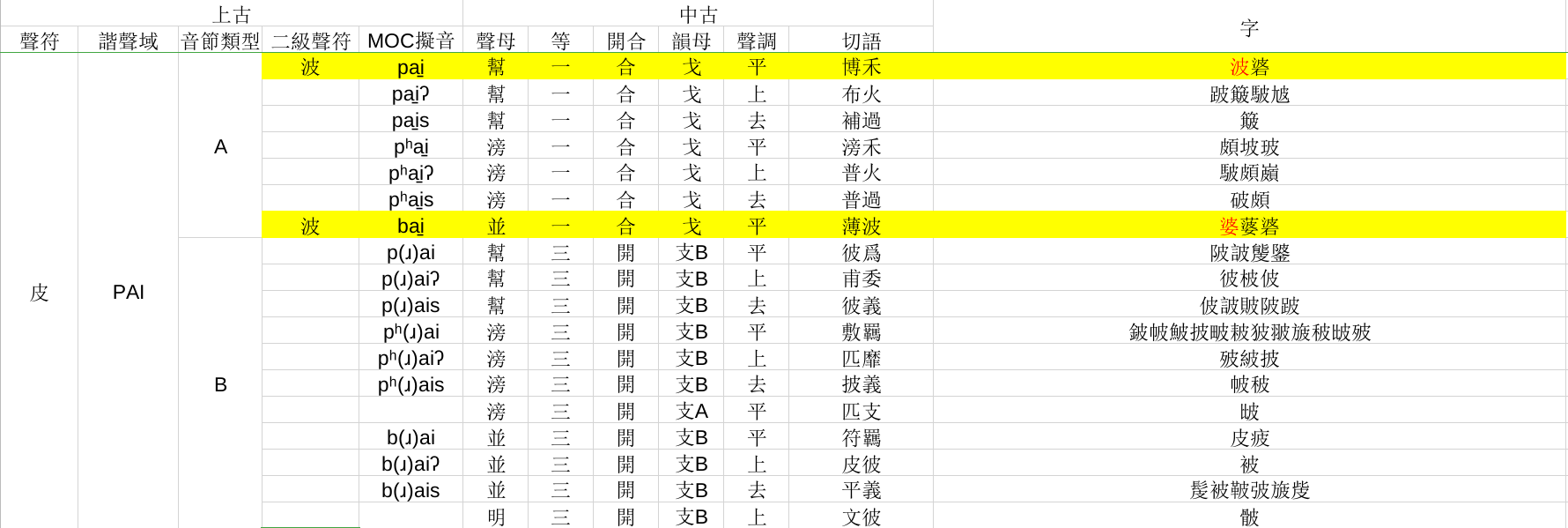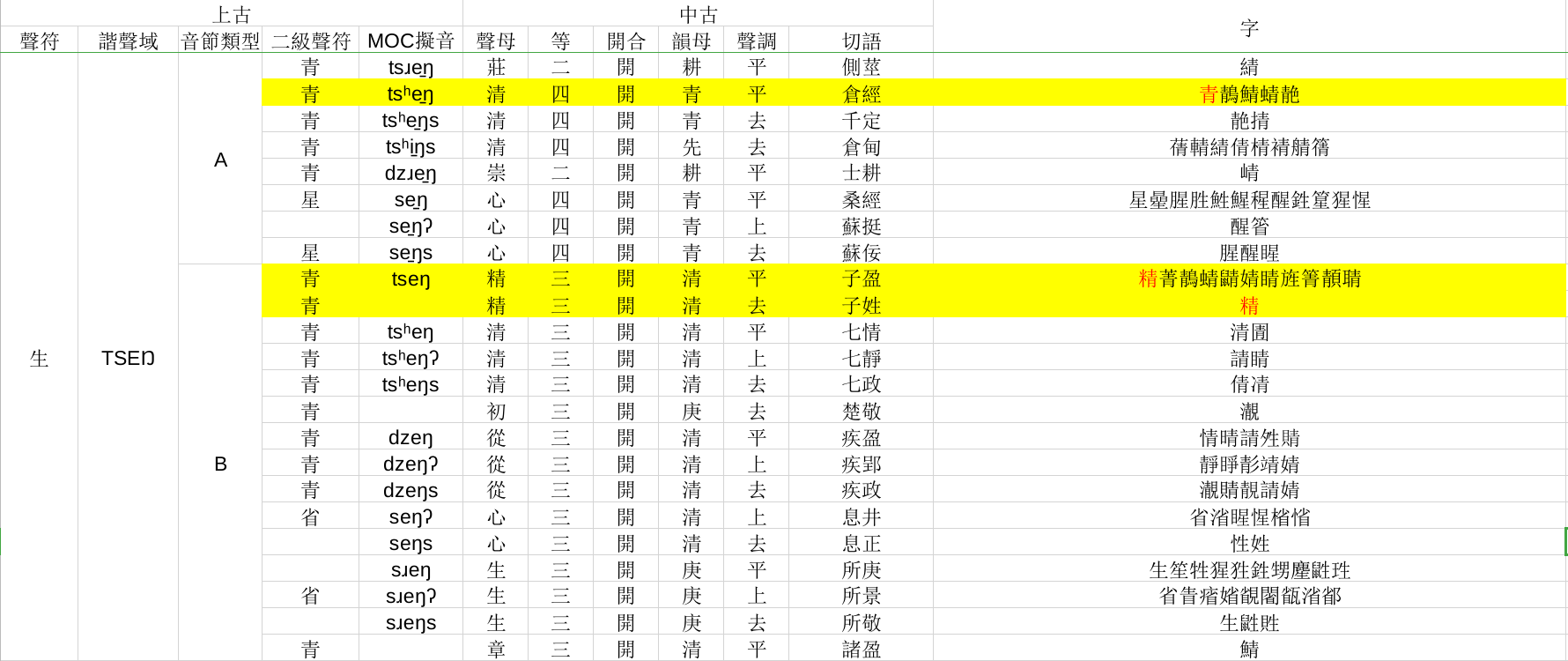By some estimates, over 80% of chinese characters are pictophonetic, with a component suggesting meaning and another indicating pronunciation. However, there are many chinese characters where that phonetic suggestion seems less than perfect to a native English speaker learning Mandarin.
Examples:
(1) 婆 (po2) vs. 波 (bo1)
(2) 青 (qing1) vs. 精 (jing1)
(3) 童 (tong2) vs. 徸 (chong1)
(4) 偷 (tou1) vs. 输 (shu1)
The last example is the most striking; I'm sure there are similar pairs, but I can't think of any at the moment.
Anyhow, I can imagine multiple, potentially compatible explanations for these kinds of inconsistencies:
(1) The phonetic suggestion was once perfectly consistent but has been destroyed by thousands of years of sound change.
(2) The phonetic suggestion was once very good (though not quite perfect), varying only with respect to subtle differences in e.g. nasality or articulation, and sound change has magnified these differences.
(3) The phonetic suggestions might never have seemed amazing to Western ears, but these differences don't really bother modern natives, who might perceive them as inconsequential, just as Spanish speakers don't make much of the difference between B and V.
(4) The phonetic suggestions were never great by our modern standards, chinese native speakers included, but ancient chinese people had a different way of organizing phonemes, and to them it was fine.
(5) The phonetic system was never close to perfect by anyone's standards, but scribes chose to use certain phonetic components over better alternatives because of aesthetic principles, such as that the phonetic component also carried an auxiliary semantic meaning which matches well with the meaning of the whole character.
Now, maybe it's impossible to know which possibility is true, or maybe each is true in different cases, or maybe none is true and it's another reason altogether. I guess I'm just curious as to what is known about this, and I'm hopeful that any answer to this question contains lots of other interesting information embedded in it. Thanks for reading!



